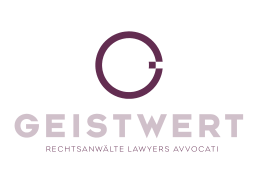The Unitary Patent (UP) is based on the European patent granted by the EPO under the rules of the European Patent Convention (EPC). In fact, after a “classic” European patent is granted, the unitary effect can be requested afterwards, thereby the European patent acquires unitary effect that provides uniform patent protection in initially 17 EU Member States. The UP is an independent right which exists simultaneously with the national and European patent rights and is valid across all participating countries. The unitary effect is also acquired by filing a single registration for a patent in the EPO. Consequently, there is no need for validation in each country as for a European Patent. However, if another state ratifies or accedes to the UPCA after the acquisition of the UP right, this does not lead to an automatic extension of the scope of the protection of this existing UP. Thus, there will be UPs with different territorial scope in the future.
Unitary effect means that UPs can only be transferred, revoked, or amended simultaneously for all participated countries. The proprietor can obtain protection or with unitary effect, concerning damages or other compensation, recall, destruction, and information claims.
On the contrary, the “classic” European Patent is granted by the European Patent Office (EPO) in accordance with the European Patent Convention (EPC) and it can be registered in 38 countries (European Union member states and other countries that have ratified the EPC, such as UK or Switzerland). The European patent is not valid for the whole of Europe or for the whole EU. Validation is required in each country separately.
What is new in the Unitary Patent compared to the European bundle, that is the already existed European Patent? The UP essentially offers a single property right, a single ownership status, a single fee, a single procedure, a single court, a single revocation and infringement procedure, lowering the effort and potentially the costs of filing a valid patent through Europe. The UP saves from holding certificates in multiple EU countries and need to file a separate registration and fee in every each of them. Although this is beneficiary for inventors and big companies it might be less suitable for small-scaled inventors with limited geographical-reach.
